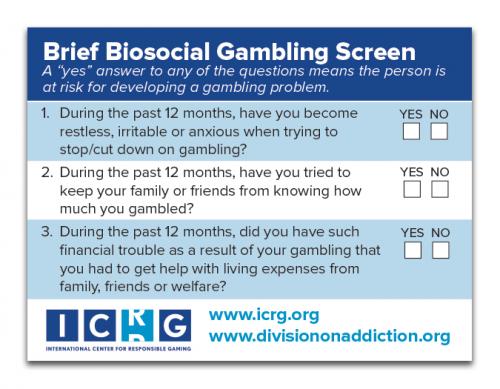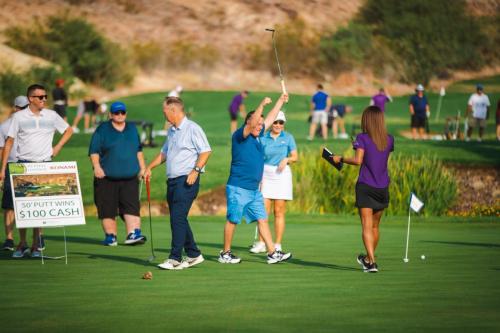Online casino gambling has been less utilized than its brick and mortar counterparts historically. However, with the expansion of legalized internet gambling, its popularity is expected to increase. The research base for this form of gambling is under-developed. Consequently, the Division of Addiction, Cambridge Health Alliance, a teaching hospital of Harvard Medical School, has set out to fill this void by examining actual internet casino gambling behaviors in the European Union (EU).
Aims:
Edson et al., 2021 aimed to compare actual online casino data from bwin, previously one of the largest online gambling operators in the EU, to a similar study conducted in 2008 by the Division on Addiction (LaBrie et al., 2008), while also adding in a few novel metrics. These new metrics included looking at deposit and withdrawal behaviors of the participants within the sample. The researchers hoped to find out how online casino gambling behaviors may have changed over time, and how more “extreme” gamblers, those found to be in the top 5% of gambling participation in the sample and defined as being overly involved in gambling, differ from the rest of the sample.
Why is this important?
This study is important because it aims to fill in gaps of research on online casino games, such as slot machines, blackjack, and roulette. Although they are historically played less often than the same games in land-based casinos, there is reason to believe that they may gain popularity over the next few years with the continued expansion of legalized online gambling opportunities in the EU. A study by Gainsbury & Wood, 2011, found that increased accessibility to online casino games may be correlated with overall changes in rates of gambling disorder. On the other hand, an investigation by Philander & MacKay, 2014, found that online gambling was not heavily correlated with increased risk of gambling problems. The Division on Addiction’s study, that looks at participants’ data over time, will answer some important questions raised by previous research.
What did they do?
Researchers examined two years of longitudinal data from 4,424 actual online gambling subscribers to bwin. The study was modeled on the the previously mentioned 2008 study. The researchers at the Division of Addiction gathered data on the 4,424 subscribers’ characteristics, gambling activity, deposit activity, and withdrawal activity. Correlation analyses were conducted to assess relationships between gambling, depositing, and withdrawal behaviors. The researchers also conducted analyses of gambling behavior and age, and compared participants who showed more involvement in gambling activities to a typical gambler.
What did they find?
The investigators found that online casino gambling behaviors are very similar to those outlined in the 2008 study (LaBrie et al., 2008). The previous study found that small proportions of the participants (~5%) exhibited more extreme gambling involvement than the rest, and that most online casino players in the sample bet modest amounts. Some gambling behaviors such as net loss, credit card use, and withdrawals distinguished these more “extreme” gamblers from the typical gamblers.
Limitations
The researchers noted that this study was conducted within one online gambling service, and participants within the sample may have gambled with other operators as well during the study period. Additionally, this sample was derived from one single registration cohort and may not be representative of all online casino gamblers. Finally, because the sample was restricted to the EU, the findings are not necessarily applicable to the US.
Edson, T., Tom, M., Louderback, E., Nelson, S., & LaPlante, D. A. (2021). Returning to the virtual casino: A contemporary study of actual online casino gambling.International Gambling Studies.
Gainsbury, S., & Wood, R. (2011). Internet gambling policy in critical comparative perspective: The effectiveness of existing regulatory frameworks.International Gambling Studies,11(3), 309–323.
LaBrie, R. A., Kaplan, S. A., LaPlante, D. A., Nelson, S. E., & Shaffer, H. J. (2008). Inside the virtual casino: A prospective longitudinal study of actual Internet casino gambling.European Journal of Public Health,18(4), 410–416. https://doi.org/10.1093/eurpub/ckn021
Philander, K., & MacKay, T.-L. (2014). Online gambling participation and problem gambling severity: Is there a causal relationship?International Gambling Studies,14(2).
ICRG staffResearch UpdateOnline Gambling



